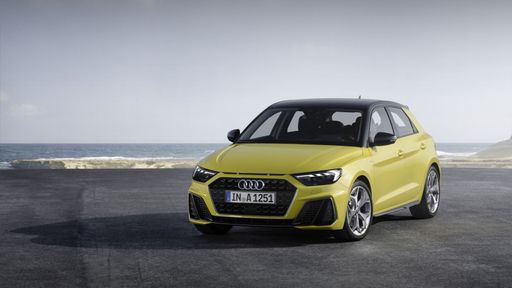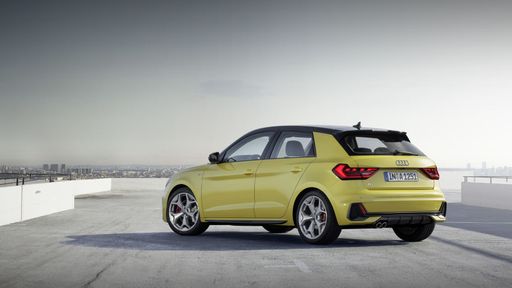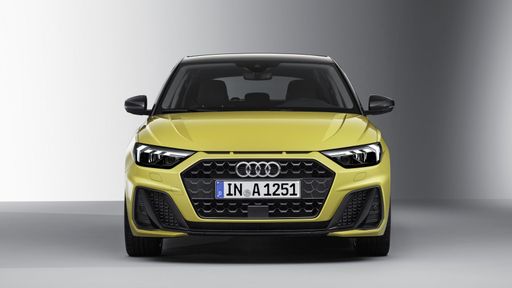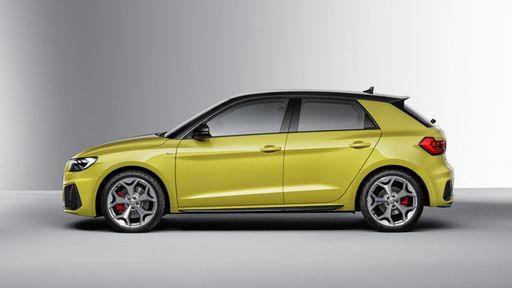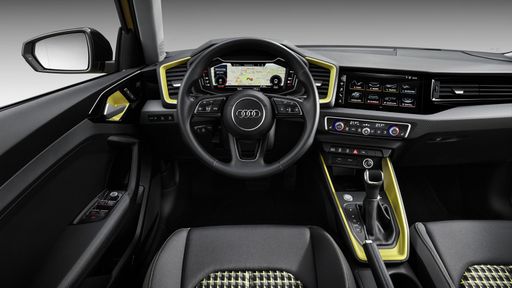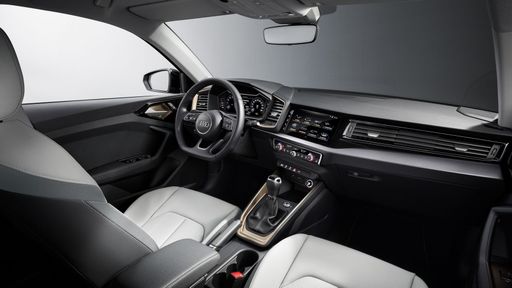Audi A1 vs Hyundai i20: The Hatchback Showdown
When it comes to the compact hatchback segment, few names resonate as strongly as Audi and Hyundai. The Audi A1 and Hyundai i20 represent two distinct philosophies in automotive design, engineering, and technology. In this comparison, we will delve into their technical aspects, innovations, and overall driving experience to see which hatchback stands out in today’s competitive market.

